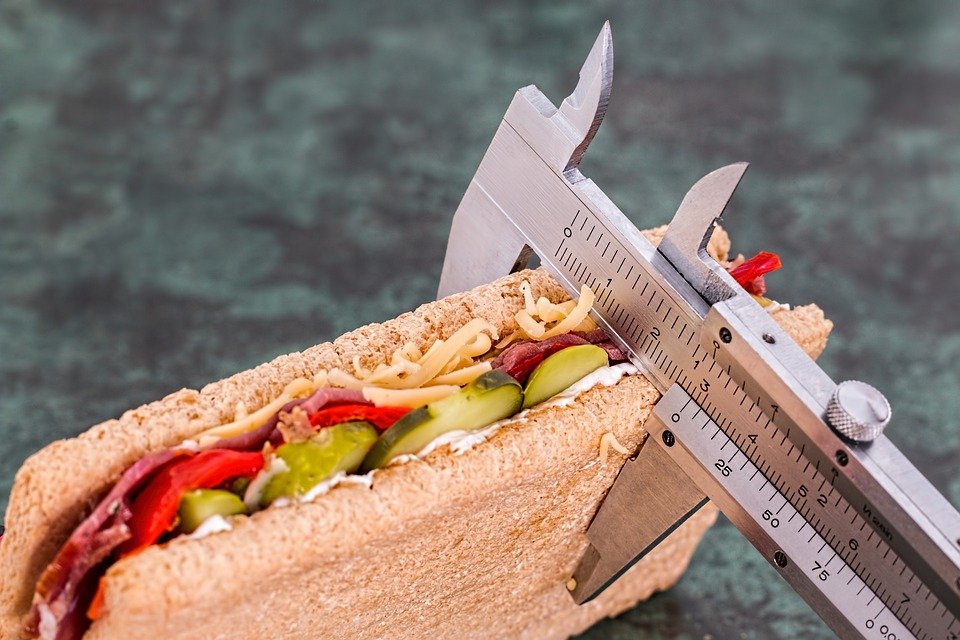the Benefits of Olive Oil for Weight Loss
In the quest for weight loss, many individuals seek out various methods and solutions to shed those extra pounds. One such solution that has gained significant attention is the incorporation of olive oil into a healthy diet. Olive oil, a staple of the Mediterranean diet, has long been praised for its numerous health benefits. In this article, we will explore how olive oil can aid in weight loss, examining its properties, the scientific evidence behind its effectiveness, and practical tips on how to incorporate it into your daily routine.
Understanding Olive Oil
Olive oil is a natural oil extracted from the fruit of the olive tree. It has been used for centuries in Mediterranean cuisine and is renowned for its rich flavor and health benefits. Olive oil is composed mainly of monounsaturated fats, which are considered to be heart-healthy fats. These fats are known to have a positive impact on cholesterol levels, reducing the risk of heart disease when consumed in moderation.
The Role of Olive Oil in Weight Loss
While olive oil is a calorie-dense food, with approximately 120 calories per tablespoon, it can still be a valuable addition to a weight loss diet. The key lies in its unique composition and the effects it has on the body. The monounsaturated fats in olive oil have been found to increase feelings of fullness and satiety, leading to reduced calorie intake during meals. Additionally, these healthy fats can help stabilize blood sugar levels, preventing sudden spikes and crashes that often result in unhealthy snacking.
Scientific Evidence Supporting Olive Oil for Weight Loss
Numerous studies have been conducted to investigate the effects of olive oil on weight loss. One study published in the European Journal of Clinical Nutrition found that participants who consumed olive oil as part of their diet experienced greater weight loss compared to those who consumed a low-fat diet. Another study published in the journal Obesity demonstrated that individuals who followed a Mediterranean diet supplemented with olive oil lost more weight than those on a low-fat diet. These studies provide compelling evidence that olive oil can indeed contribute to weight loss when incorporated into a balanced diet.
Tips for Incorporating Olive Oil into Your Diet
Adding olive oil to your daily routine is simple and can be done in a variety of ways. Here are some tips to help you make the most of this beneficial oil:
1. Use olive oil as a substitute for other fats: Swap butter or margarine for olive oil when cooking or baking. This can significantly reduce the saturated fat content of your meals.
2. Make your own salad dressing: Combine olive oil with vinegar or lemon juice, along with some herbs and spices, to create a flavorful and healthy dressing for your salads.
3. Use olive oil for sautéing and grilling: Instead of using vegetable oil or other fats when cooking, opt for olive oil to add a delicious flavor to your dishes.
4. Drizzle olive oil over steamed vegetables or grilled meats: A small amount of olive oil can enhance the taste of your favorite vegetables or lean proteins, making them more enjoyable to eat.
5. Enjoy olive oil in its raw form: Dipping bread in a mixture of olive oil and balsamic vinegar is a popular Mediterranean appetizer. This can be a satisfying and healthy addition to your meals.
Conclusion
In conclusion, olive oil can indeed play a beneficial role in weight loss when consumed as part of a balanced diet. Its unique composition of monounsaturated fats and its ability to increase feelings of fullness make it a valuable addition to any weight loss journey. By incorporating olive oil into your daily routine, you can not only enhance the flavor of your meals but also reap the numerous health benefits it offers. So, why not start incorporating this golden elixir into your diet and take a step towards a healthier lifestyle?
Most Asked Questions Concerning Lose Weight Olive Oil
1. Can olive oil help in weight loss?
Yes, olive oil can be beneficial for weight loss. It is considered a healthy fat and can contribute to a balanced diet when consumed in moderation.
– Olive oil is a healthy fat that can be included in a weight loss diet.
– It contains monounsaturated fats that can help reduce inflammation and promote weight loss.
– Olive oil is also rich in antioxidants that can support overall health.
2. How does olive oil aid in weight loss?
Olive oil can aid in weight loss through various mechanisms, including its impact on satiety, metabolism, and nutrient absorption.
– Olive oil can increase feelings of satiety, helping you feel fuller for longer and reducing overall calorie intake.
– It can also boost your metabolism, potentially leading to an increase in calorie burn.
– Olive oil can enhance the absorption of fat-soluble nutrients, such as vitamins A, D, E, and K, which are important for overall health.
3. How should olive oil be incorporated into a weight loss diet?
To incorporate olive oil into a weight loss diet, it is important to use it in moderation and choose high-quality options.
– Use olive oil in place of other cooking oils, such as vegetable or canola oil, when preparing meals.
– Drizzle olive oil on salads or vegetables for added flavor and health benefits.
– Choose extra virgin olive oil, as it is less processed and retains more of its beneficial compounds.
4. How many calories are in olive oil?
Olive oil is a calorie-dense food, so it is important to consume it in moderation when trying to lose weight.
– One tablespoon of olive oil contains approximately 120 calories.
– It is important to consider the calorie content of olive oil when tracking your overall calorie intake for weight loss.
– However, because of its health benefits, including olive oil in a balanced diet can still support weight loss goals.
5. Are there any potential downsides to consuming olive oil for weight loss?
While olive oil can be beneficial for weight loss, there are a few potential downsides to be aware of.
– Olive oil is high in calories, so consuming excessive amounts can hinder weight loss efforts.
– Some people may experience digestive issues, such as diarrhea or stomach discomfort, if they consume large quantities of olive oil.
– It is important to remember that olive oil should be consumed in moderation as part of a balanced diet, rather than solely relying on it for weight loss.
Overall, olive oil can be a healthy addition to a weight loss diet when consumed in moderation. It can aid in weight loss through its impact on satiety, metabolism, and nutrient absorption. However, it is important to be mindful of portion sizes and choose high-quality options.
1. Olive oil promotes weight loss on its own
Contrary to popular belief, consuming olive oil alone will not lead to significant weight loss. While olive oil is a healthier option compared to other cooking oils, it is still high in calories and fat. To lose weight, a balanced diet and regular exercise are necessary. Incorporating olive oil into a well-rounded meal plan can be beneficial, but it should not be solely relied upon as a weight loss solution.
2. All types of olive oil are equally effective for weight loss
There are different types of olive oil available, including extra virgin, virgin, and refined olive oil. Extra virgin olive oil is often considered the healthiest option due to its minimal processing and high content of antioxidants. However, when it comes to weight loss, all types of olive oil contain similar calorie and fat content. Therefore, while extra virgin olive oil may offer additional health benefits, it does not have a significant advantage over other types of olive oil for weight loss purposes.
3. Consuming large quantities of olive oil will accelerate weight loss
Although olive oil is considered a healthy fat, consuming excessive amounts will not accelerate weight loss. It is important to remember that olive oil, like any other fat, is high in calories. Each tablespoon of olive oil contains around 120 calories. Therefore, adding excessive amounts of olive oil to meals can lead to a surplus of calories, potentially hindering weight loss efforts. Moderation is key when incorporating olive oil into a weight loss plan.
4. Olive oil can compensate for an otherwise unhealthy diet
Another common misconception is that consuming olive oil can compensate for an otherwise unhealthy diet. While olive oil does offer some health benefits, it cannot magically counteract the negative effects of a poor diet. To achieve weight loss and overall good health, it is essential to focus on a balanced diet that includes a variety of nutrient-dense foods. Simply adding olive oil to an unhealthy diet will not provide the desired results and may even lead to weight gain.
5. All fats should be avoided when trying to lose weight
Many individuals mistakenly believe that all fats should be avoided when trying to lose weight. However, not all fats are created equal. While saturated and trans fats should be limited in a weight loss plan, healthy fats like those found in olive oil can actually be beneficial. Healthy fats provide a feeling of satiety, which can help control appetite and prevent overeating. Additionally, they play a crucial role in the absorption of essential vitamins and minerals. Including moderate amounts of healthy fats, such as olive oil, can contribute to a well-rounded and sustainable weight loss journey.
Lose Weight Olive Oil
#Lose #Weight #Olive #Oil


